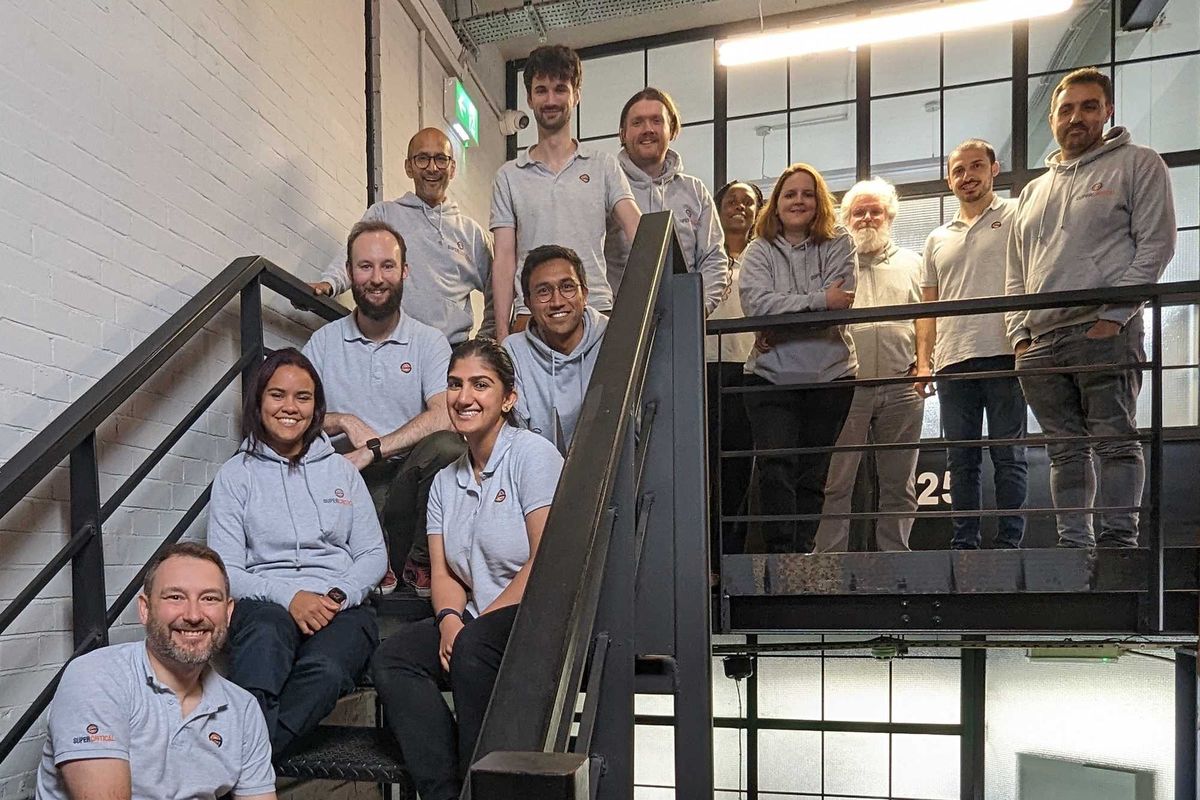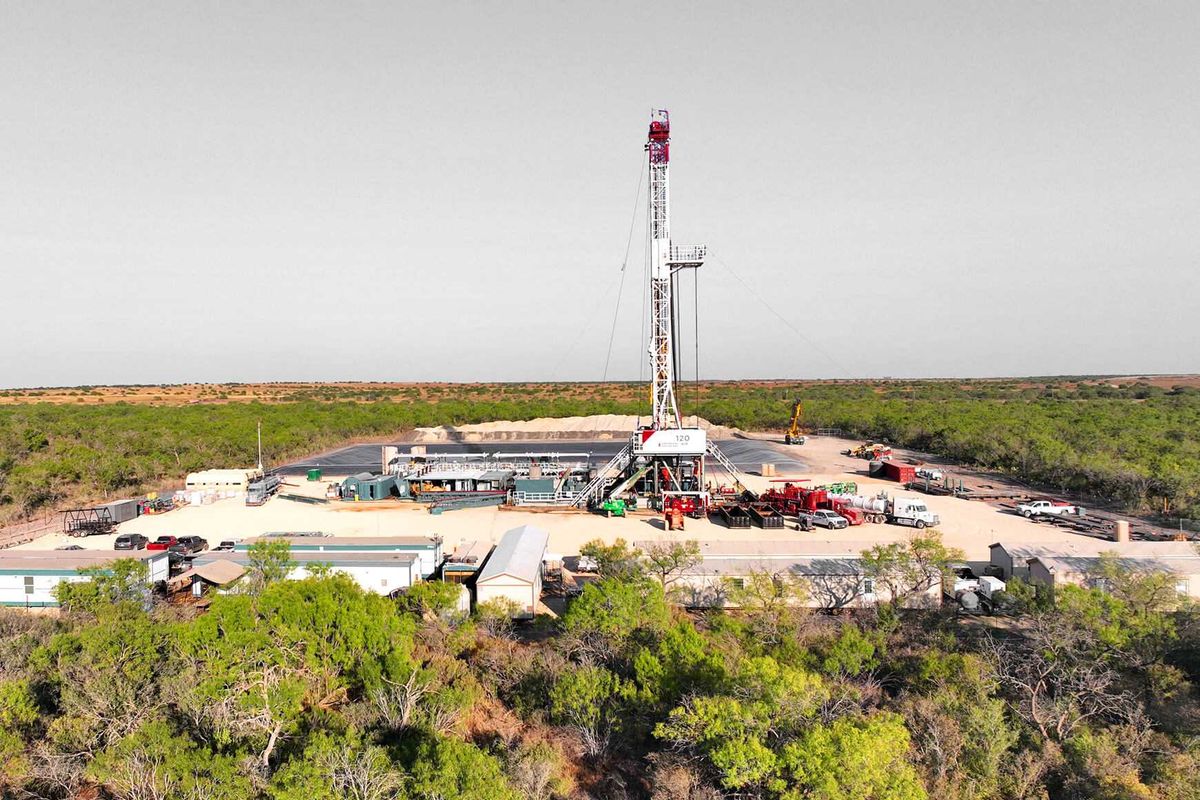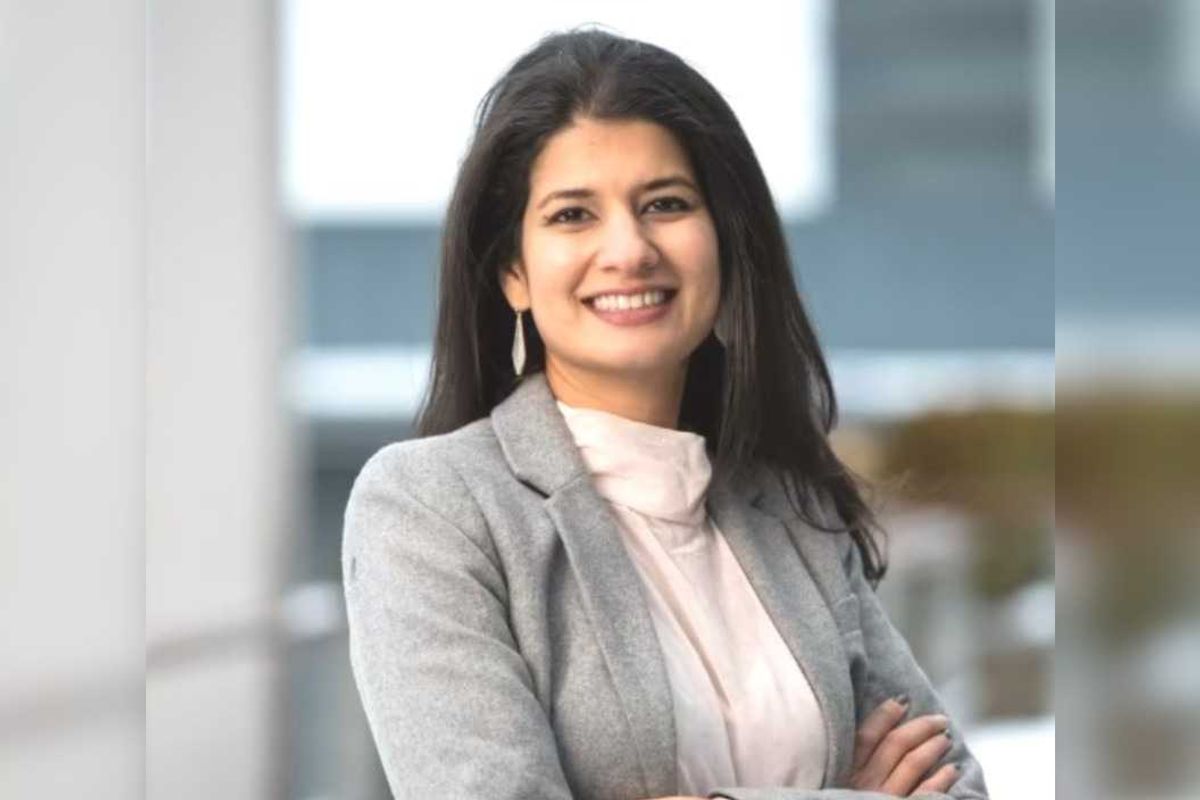Drilling executive calls for a new course of action to achieve success
EMPOWERING TRANSITION
Gone are the days of people, process, and technology. Welcome to purpose, partnering, and governance.
In the early morning hours of the third day of OTC2023, Subodh Saxena, senior vice president at Nabors Industries, succinctly summarized both the challenges and opportunities faced by an industry in the middle of an identity crisis.
The upstream energy industry focused the better part of the last two decades on physical safety, division and clarity of responsibilities, and technology adoption and adaptation. Rightfully so, given the Macondo incident of 2010, the Enron collapse in 2002, and the general wildfire growth of technology in the workplace over the same time frame.
But as leadership that came of age during these tragedies takes the reigns, a new set of challenges arises. Consistent lack of positive financial returns, a shrinking talent pool, and of course, the climate crisis, combine to form the perfect storm for an industry just trying to manage the rising and falling tides of unstable commodity pricing.
To avoid completely capsizing during this squall in which the industry finds itself, Saxena describes three opportunities for improvement.
- Attracting new talent by creating psychological safety in our workplaces and improving the perception of technology adaptation in the industry
- Embracing a collaborative approach to building new solutions to limit the amount of siloed rework that currently stymies rapid advancement
- Improved financial discipline with greater honesty about ROI for the entire supply chain
“We have a mindset in the industry, that we have to build everything ourselves," Saxena laments. "We have to learn to partner because [if] every company invests in new technology to create transition, whether that's hydrogen or any other source of green energy, that return on invested capital is going to become negative. We need to learn to collaborate to ensure that we are all going to be successful.”
The requests made by Saxena represent a growing movement within the incumbent industry to think not of the energy transition as a shift from one energy source to another but as a transition in mindset. Collaboration is the name of the game now, as are mindfulness, responsibility, and above all else, sustainability.
Revisiting purpose, partnering, and governance to identify room for improvement will ultimately determine whether organizations will sink or sail.










